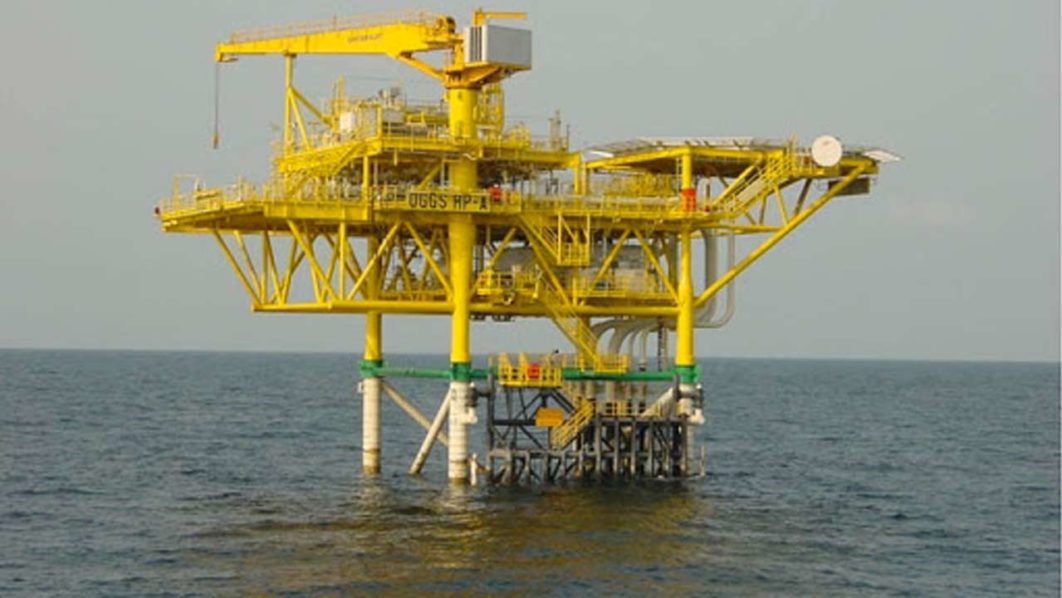
As independent oil producers intensify and strengthen their footprints in the onshore segment of Nigeria’s upstream petroleum sector, stakeholders have hinted at options to curb the rising challenges that may hamper the sustainability of their operations.
Nigerian oil companies have acquired several assets from international oil companies (IOCs) to become the country’s dominant oil producers. This comes in the face of weak pipeline infrastructure, which has forced companies to rely on vessels, tankers, and barges even as rising costs of transportation, diesel, overheads, and security push the cost of oil production to a record high.
To overcome most of these challenges, Abiodun Adesanya, former president of the Nigerian Association of Petroleum Explorationists (NAPE), has emphasised the need for Nigerian operators to adopt innovative strategies to reduce operational costs and enhance productivity in the sector.
Speaking on the challenges and opportunities within the industry, Adesanya identified several areas where cost optimisation and operational efficiency could be achieved, highlighting the critical role of community engagement, regulatory streamlining and technological adoption.
Adesanya noted the overhead costs of oil companies, adding that they would only short-change themselves and the country if they operated like large IOCs they took over from.
According to him, while ExxonMobil operations are typically more costly than those of Seplat, reducing these expenses, including human capital, office infrastructure and energy consumption, could significantly lower overall costs.
“When inheriting infrastructure from previous operators, running costs transfer as well, but opportunities for optimisation must be explored. The goal is to trim unnecessary expenses while maintaining safety standards,” he said.
According to Adesanya, Nigerian-operated companies have a distinct advantage in community engagement and security. By leveraging their local knowledge, these operators could mitigate issues such as vandalism and sabotage, which have long plagued the industry.
“Nigerian operators can negotiate better terms in contracting and procurement, driving down costs and increasing productivity,” he explained.
He added that the philosophy of operations plays a key role in cost reduction, stressing that while a foreign operator might accomplish a task for N10, the local entity could achieve the same result for N6 by optimising processes and focusing on essentials.
Adesanya also emphasised the need to address bottlenecks in permit approvals and operational requests. He advocated building professional networks to foster smoother interactions with regulatory bodies, reducing delays without compromising transparency.
The former NAPE president pointed out that the crude evacuation process remains a significant cost driver leading many operators to rely on tankers instead of pipelines due to outdated infrastructure vulnerable to vandalism. He proposed adopting horizontal directional drilling (HDD) technology to improve pipeline durability and reduce sabotage risks.
Adesanya highlighted the importance of making host communities stakeholders in operations. Employing locals as security personnel and involving them in resource benefits, such as gas initiatives, could enhance goodwill and operational security.
“Programme that engage and empower local communities essential for reducing opposition and ensuring smoother operations,” Adesanya noted. Chairman of International Energy Services Limited, Dr Diran Fawibe, said oil theft remains a critical challenge to Nigeria’s onshore oil operations.
According to Fawibe, theft occurs at multiple points in the supply chain, from oil fields and wellheads to terminals where oil is transferred to vessels.
He noted that while partnerships with the Navy to secure Nigeria’s territorial waters are essential, these efforts do not directly boost production.
“The Navy’s inefficiency or negligence in securing Nigeria’s assets has allowed oil theft to escalate, threatening the country’s economic fortune. Security lapses have undeniably contributed to the scale of theft,” he stated.
Fawibe added that addressing oil theft requires a more robust strategy beyond maritime security, including enhanced surveillance of pipelines and wellheads, investment in anti-sabotage technology, and better community engagement.
A significant concern for onshore oil operations is the skyrocketing cost of production. Fawibe explained that Nigeria, once known as a low-cost producer in the 1970s, now faces prohibitive expenses driven by insecurity in the Niger Delta.
“Militancy, harassment, and high-security costs have outpaced the technical cost of production, making onshore oil increasingly unviable,” Fawibe said.
He highlighted that oil companies are forced to allocate substantial resources to protect their assets, including hiring private security firms and maintaining surveillance.
Fawibe commended the government’s strategy of divesting onshore and shallow water assets to indigenous companies, allowing IOCs to concentrate on deepwater operations. This shift, he said, enables local firms to navigate community engagement challenges more effectively while empowering them to grow their capacity.
“The Tinubu administration’s approach to encouraging strategic investments in the oil and gas sector is a positive step. However, profitability for onshore operators is nowhere near what it was in the 1970s and 1980s,” Fawibe noted.
Nigeria’s current oil production hovers between 1.5 and 1.6 million bpd, well below the under-two million bpd benchmark.
“Oil production is tied to what is technically feasible in various terrains, from deepwater to inland areas. While addressing oil theft will ensure more oil is available for export, it will not necessarily increase production levels,” he said.






